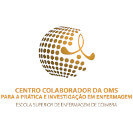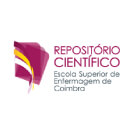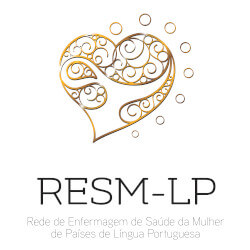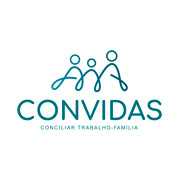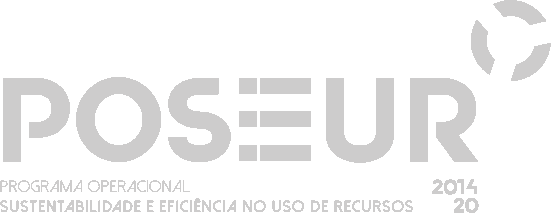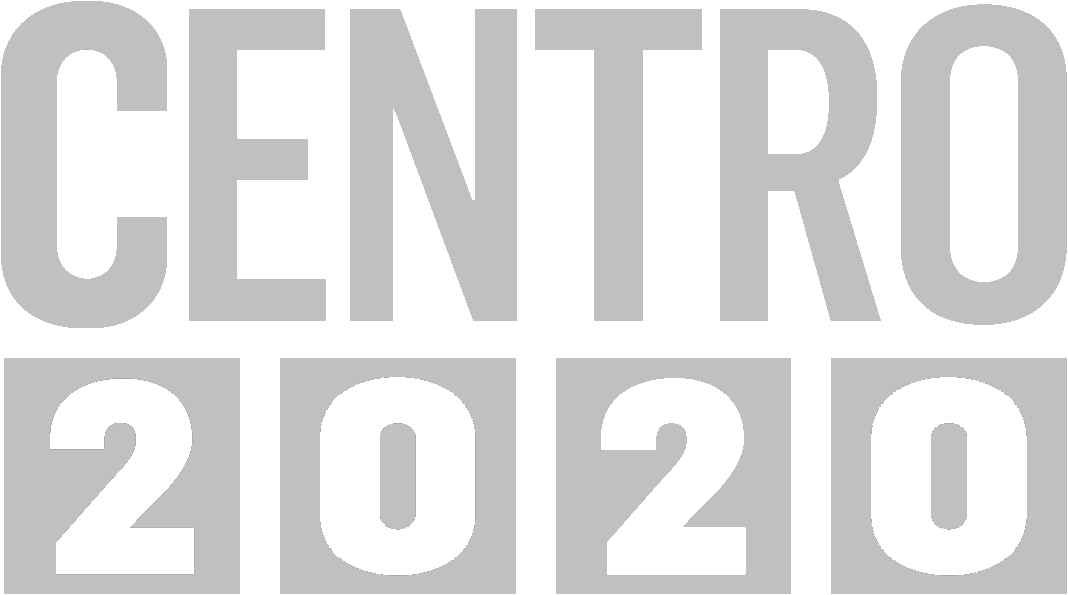The Nursing School of Coimbra (ESEnfC) will participate in the ambitious project coordinated by the University of Coimbra (UC): Living the Future Academy. This project received funding of almost 16.5 million Euros under the Recovery and Resilience Plan (PRR). Until 2025, it aims to create innovative programs and training courses adapted to different segments of the population and in coordination with employers and economic, social, political, and territorial organizations of the Central region.
Our vice-president, Maria do Céu Carrageta, participated in the project's presentation
The Living the Future Academy (presented on April 11) proposes the creation of two bachelor’s degree courses and seven master’s degrees, as well as more than a 100 non-degree short courses within eight “thematic academies” dedicated to areas such as soft skills, digital intelligence, robotics, health and longevity, teaching, entrepreneurship, and sustainability and circular economy.
Three main objectives guide the project: “To create training opportunities for STEAM youngsters and professionals (science, technology, engineering, art, and math) and professionals”, “To promote a close coordination between empowerment, research, and knowledge sharing”, and “To build processes of proximity and coordination between the academia, the labor market, the territories, and the populations”.
46 courses for caregivers in the health sector
At the Living the Future Academy presentation session, the ESEnfC vice-president, Maria do Céu Carrageta, said it was “with honor and great satisfaction that the School sees this partnership established, with full conviction and sense of responsibility for the implementation the measures that concern us, namely those related to health training”.
As one of the four copromoters, together with the University of the Azores (UAc), the Polytechnic Institute of Viseu, and the Polytechnic Institute of Guarda, the ESEnfC will collaborate in the Health and Longevity Academy.
According to the description of the Living the Future Academy project, this academy foresees the creation of 46 non-degree courses aimed at different health (including the training of intern doctors) and social sector caregivers (namely within social responses for older people and the long-term care network). This project was approved under the ‘Impulso Jovens STEAM’ and ‘Incentivo Adultos’ programs of the PRR.
In this project, “seven of the post-graduation courses proposed are designed as interprofessional (nursing, medicine, pharmacy, psychology, economics, biomedical engineering) and are co-promoted with UC, the ESEnfC and the UAc/ School of Health (SH)”, with which the UC already collaborates in medical training (preparatory course).
18,000 more young people will graduate in STEAM areas in 2026
Present at the ceremony, the Director-General for Higher Education and former ESEnfC President, Maria da Conceição Bento, as leader of the entity coordinating the ‘Impulso Jovens’ and ‘Incentivo Adultos’ programs, stated that, in 2026, Portugal will have “18,000 more young people with degrees in STEAM areas (science, technology, engineering, art, and mathematics) than in 2020, and 90,000 more adults involved in training, updating, and/or retraining of skills and in postgraduate training”.
Guests from several partner institutions at the ceremony in Trindade College
These numbers “show well the ambition of the programs but also the strong commitment of all higher education institutions involved, so that, in four years, our country will be better qualified and prepared to tackle the societal and job market challenges that lie ahead”, stressed Professor Maria da Conceição Bento.
According to Maria da Conceição Bento, under the ‘Impulso Jovens STEAM’ and ‘Incentivo Adultos’ programs of the RRP, running until 2026, “33 applications will be supported”, with a budget of 252 million Euros, “involving 83 higher education institutions and more than 2,000 entities of civil society”.
According to the project’s summary, the Living the Future Academy “includes more than 100 local, regional, national, and international partnerships, with various socioeconomic organizations integrated in different business and commercial clusters (comprising more than 300 associates), and with municipalities, incubators, laboratories, schools, business associations, health institutions, commercial and business associations, and five intermunicipal communities - Coimbra Region; Viseu Dão Lafões; Oeste; Médio Tejo; Beiras and Serra da Estrela), involving the territory corresponding to 73 [of the 100] municipalities of the Center region”.
[2022-04-13]

